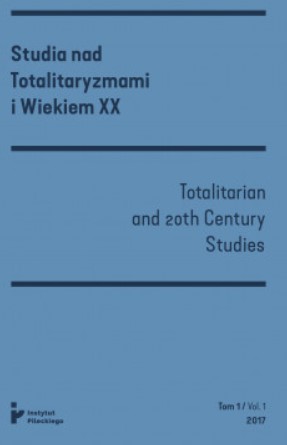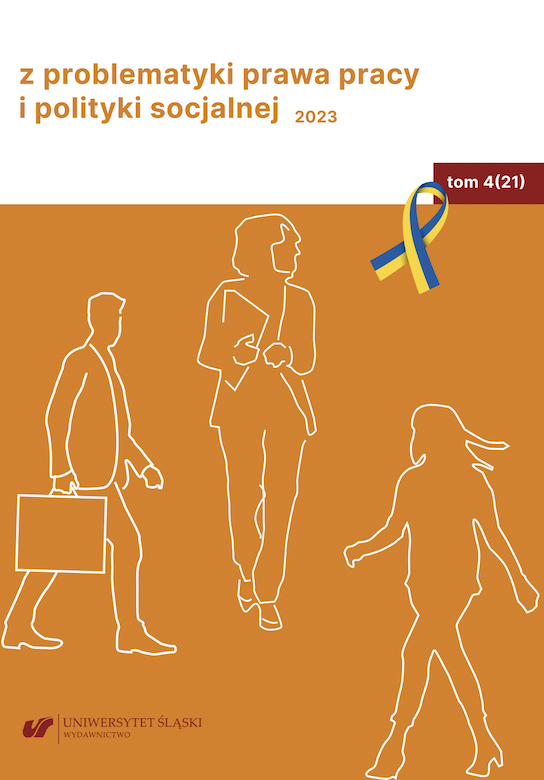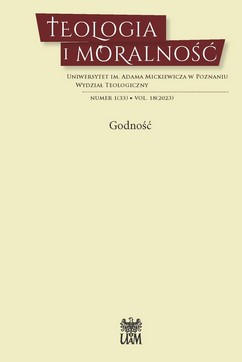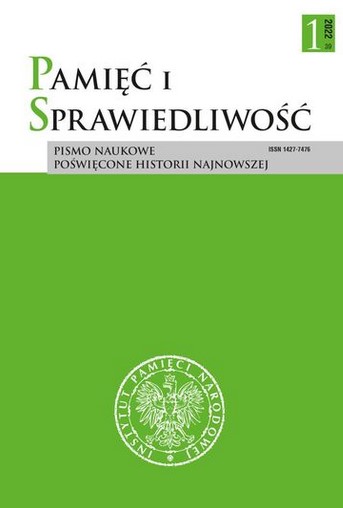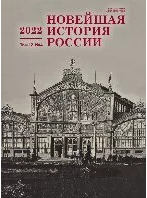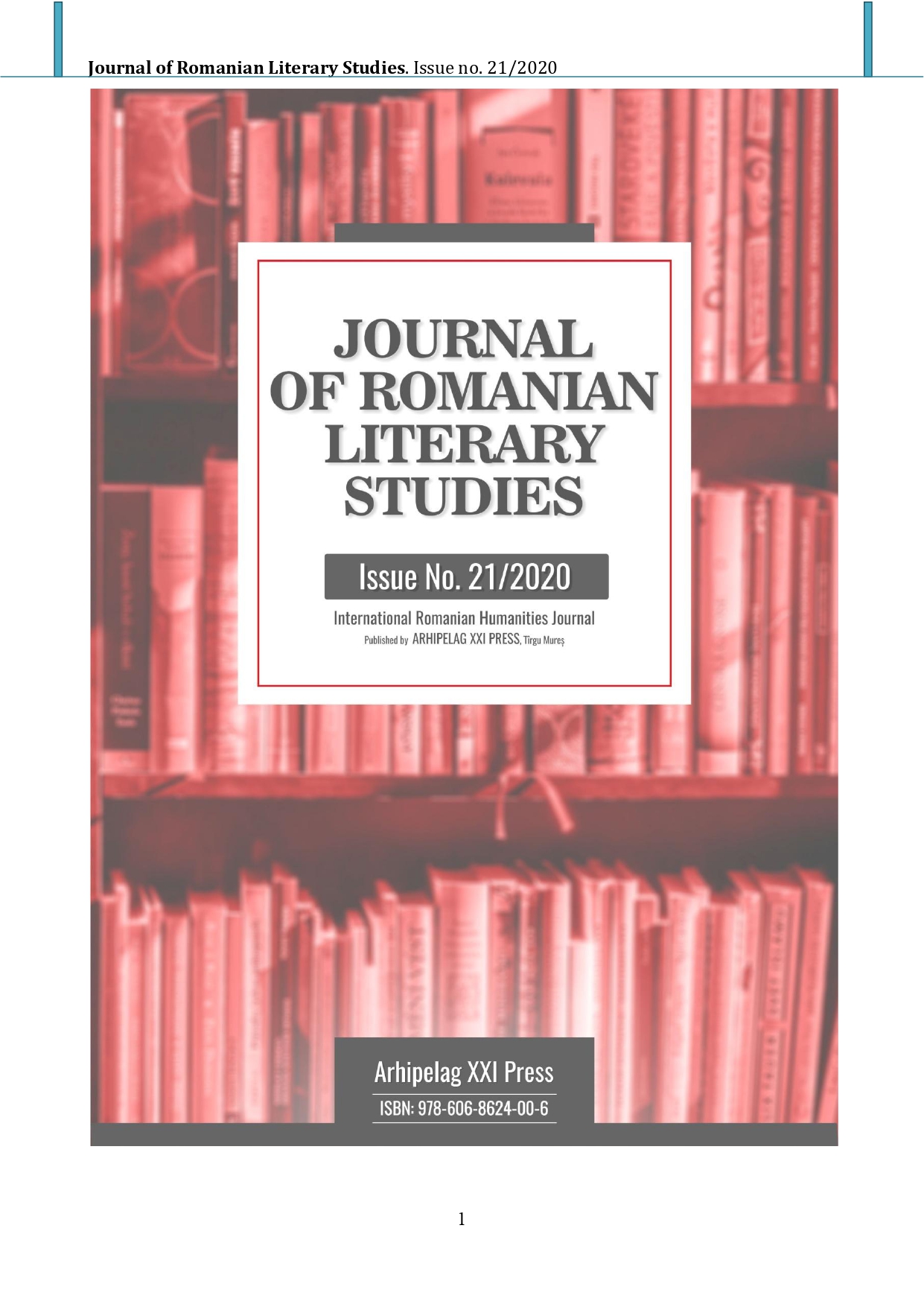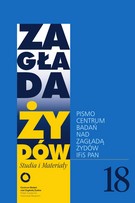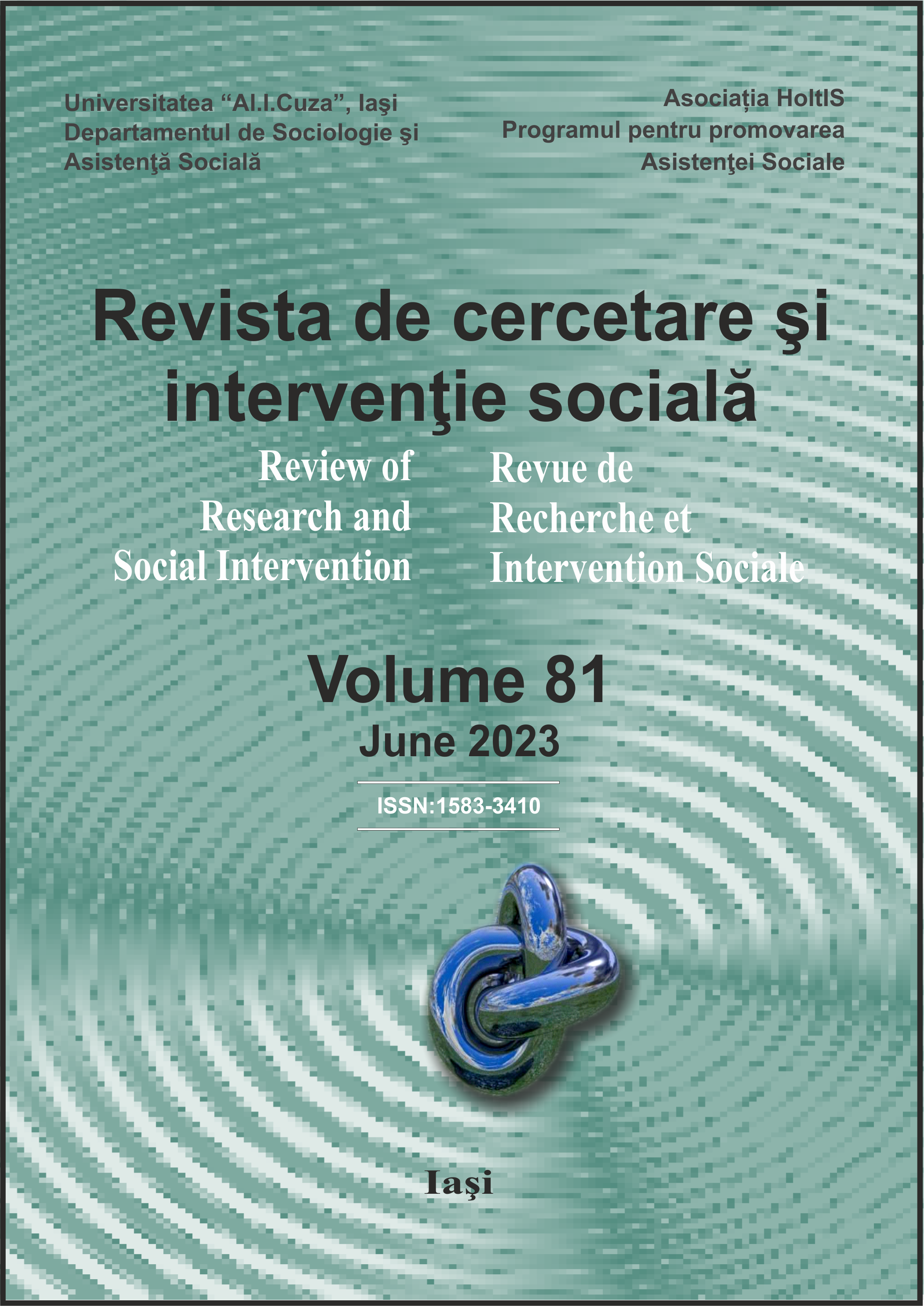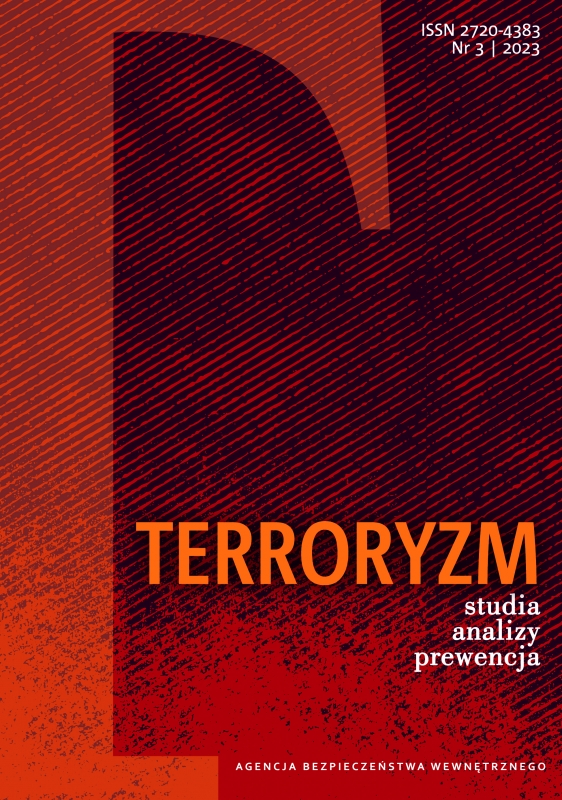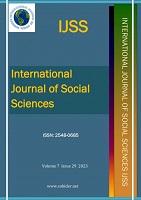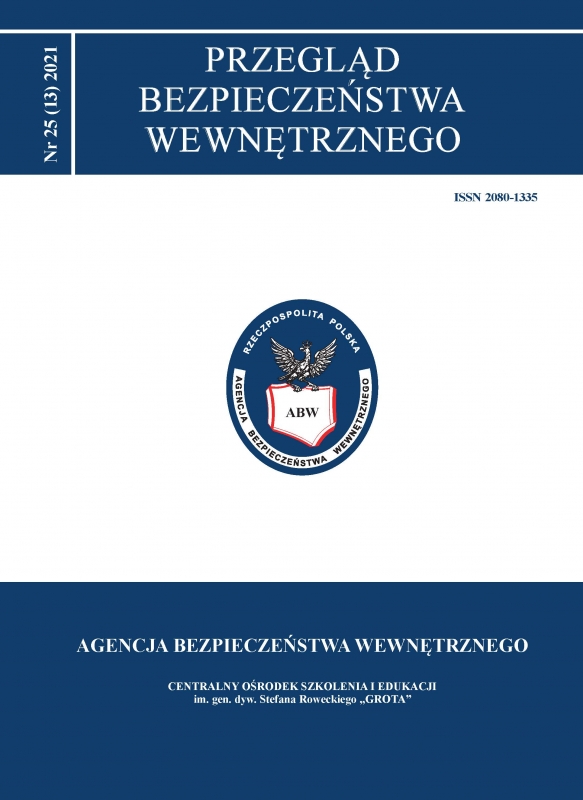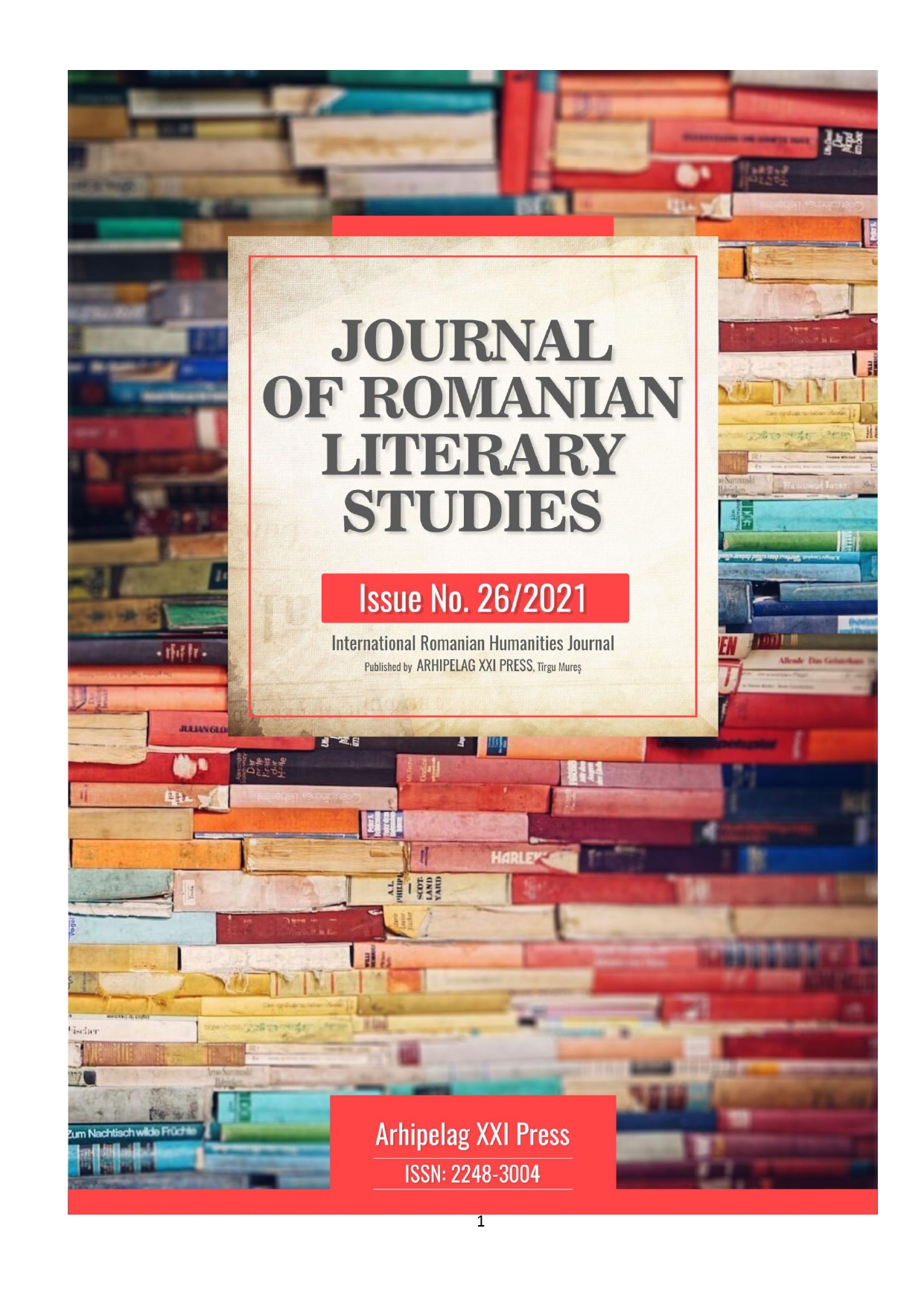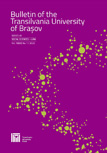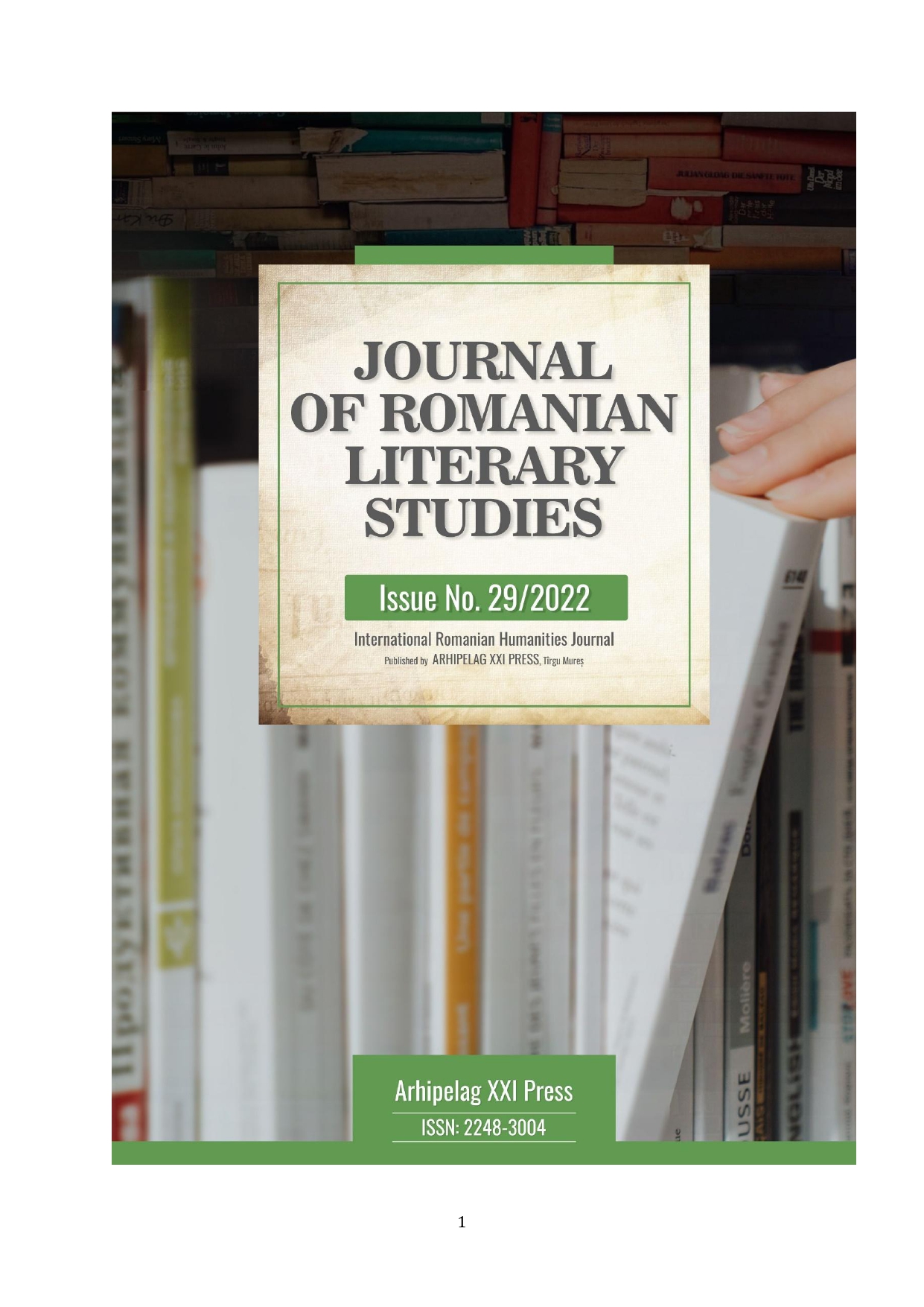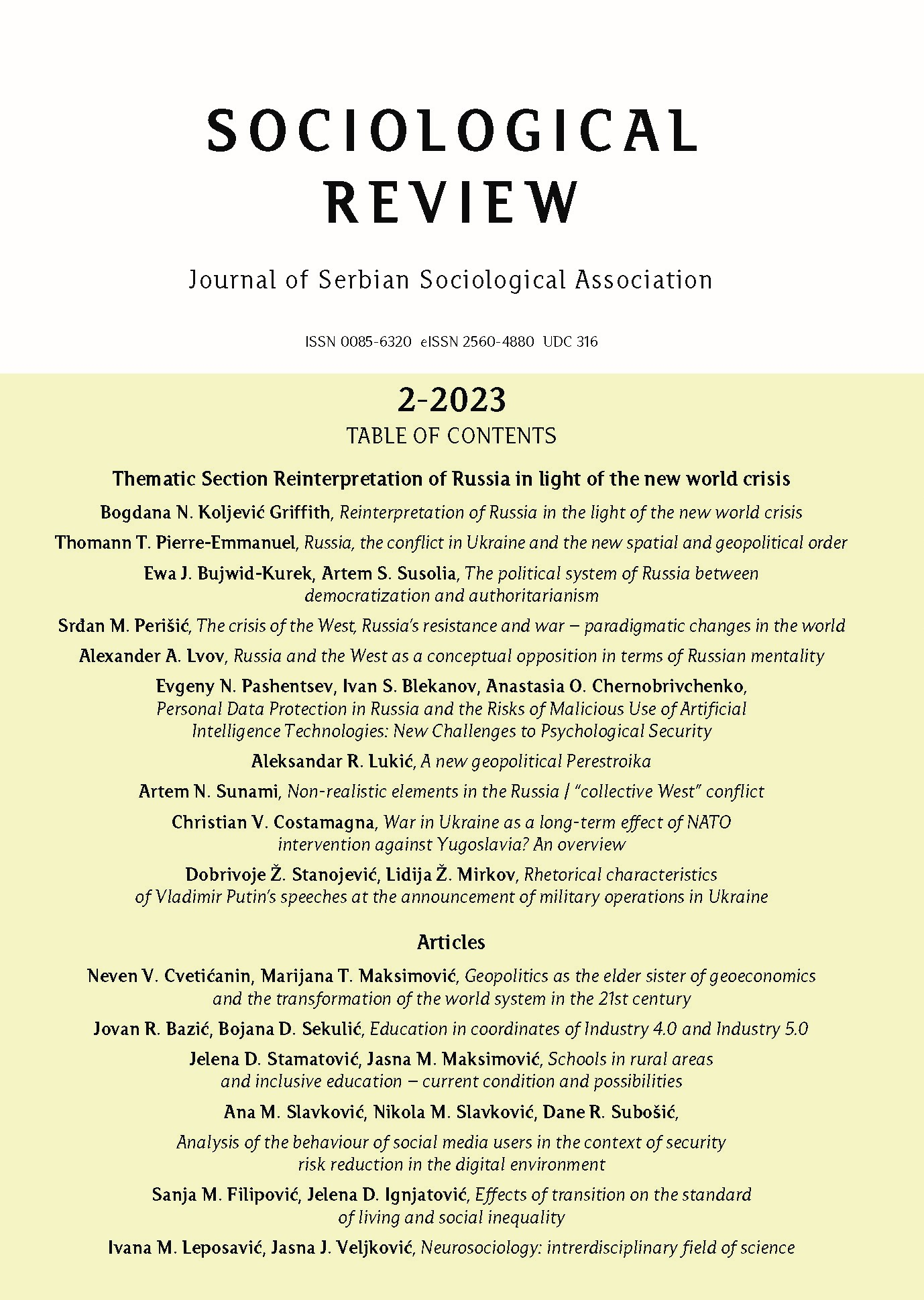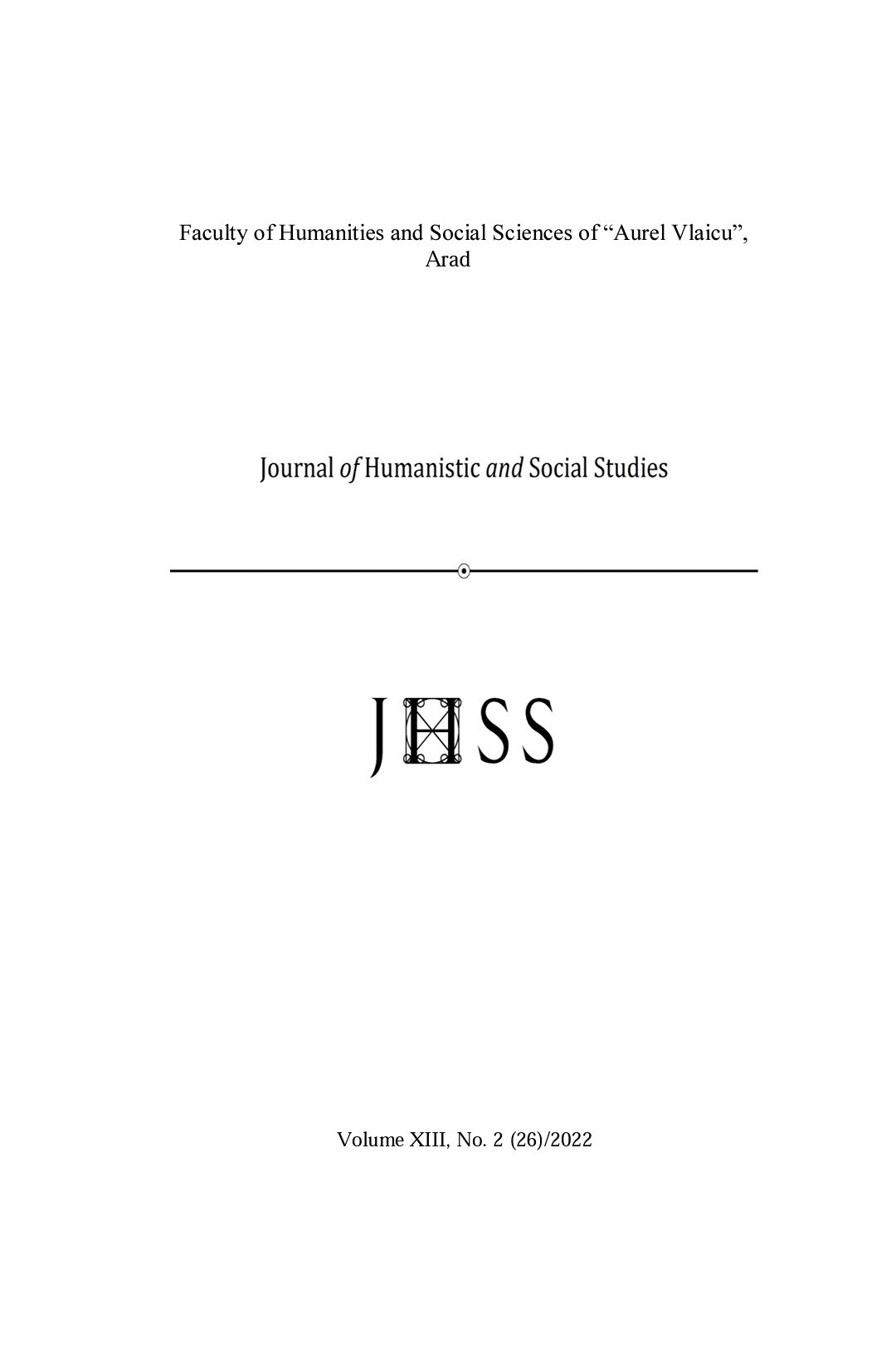
J. M. Coetzee's Age of Iron: The Odyssey of Returning Back to One's Ethical Self by Loving the Other
J. M. Coetzee’s Age of Iron depicts the apocalyptic years of racial rage and violence in South Africa. In this paper, an attempt is made to delineate Elizabeth Curren’s difficult ‘journey’ back to her ethical self by using Homi Bhabha’s theory of the nation and Emanuel Levinas’s ethical philosophy. First, it is discussed how the apartheid regime has pedagogically inculcated the white population of South Africa with the ideas of superiority and indifference over the black population. Then, Curren’s arduous journey back to her ethical self is discussed showing how by acting in a performative manner her ethical self learns not to pass judgements on the other becoming once again capable of sympathizing and empathizing with as well as loving the other. Coetzee speaks about and refers to the apartheid obliquely and indirectly since having done otherwise would have strengthened the apartheid regime by ‘reflecting’ and ‘supplementing’ history. Alluding to several other literary works enables Coetzee not only to depict the hellish conditions of South Africa indirectly but also to offer the possibility of some kind of redemption for his protagonists. Coetzee presents love and understanding for the other as the only solution for post-apartheid South African people.
More...
